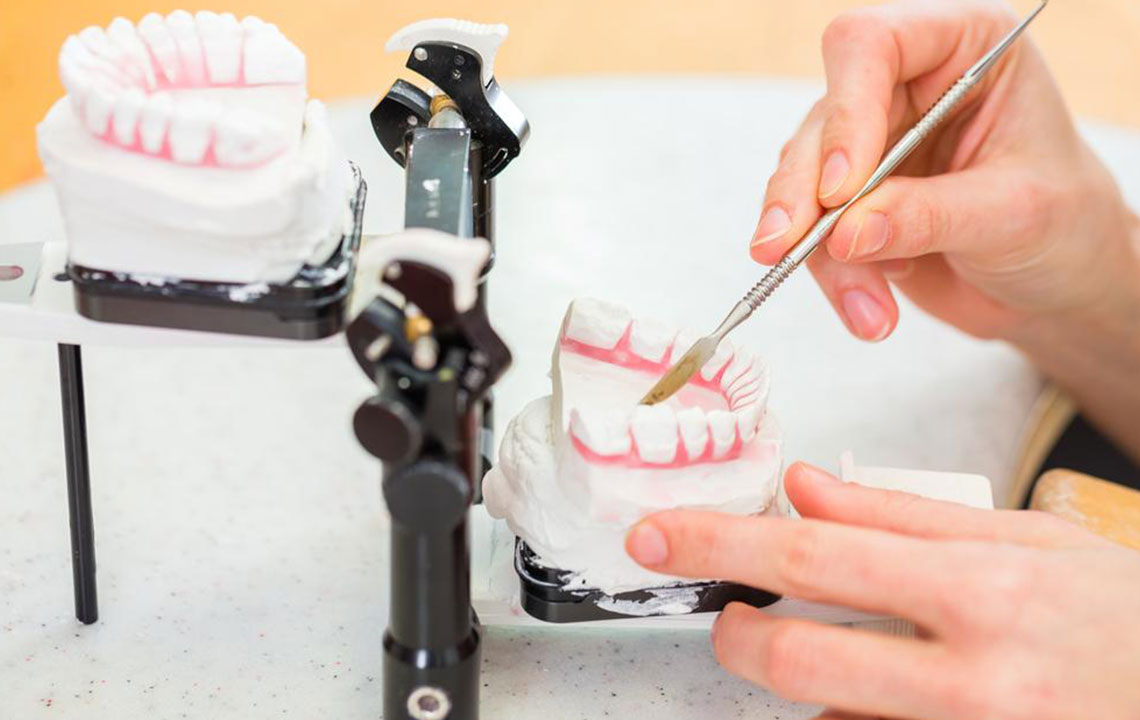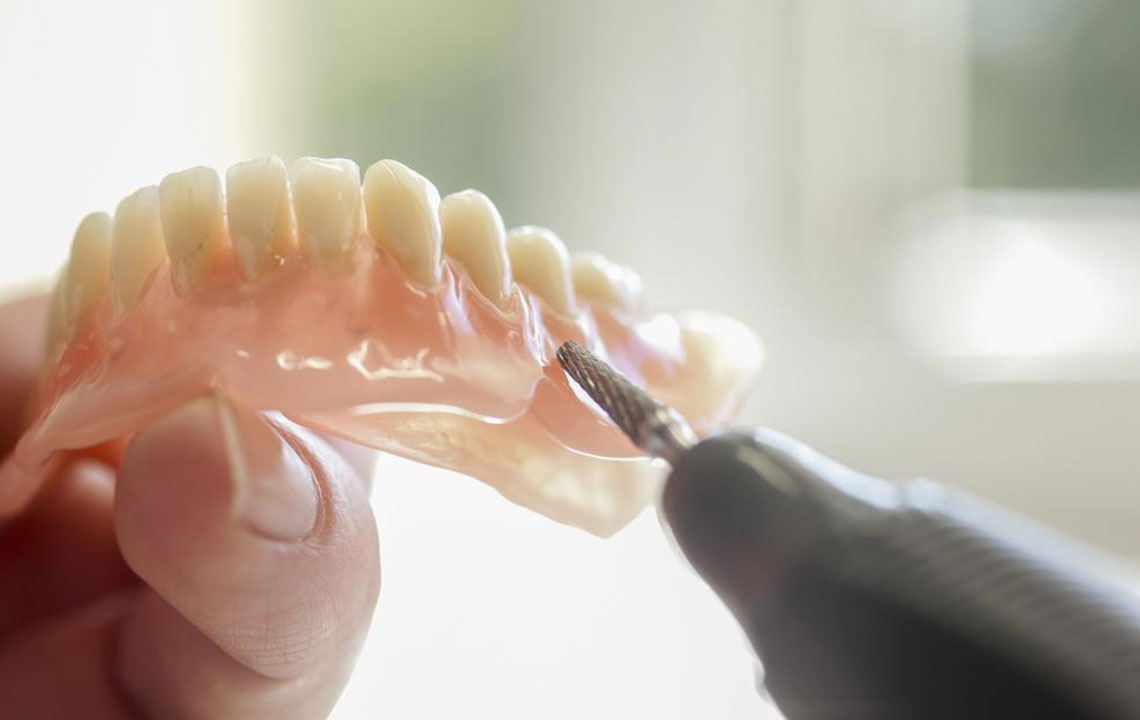Comprehensive Guide to Recognizing When You Need Lower Dentures and Important Factors to Consider
This detailed guide explains how to recognize the signs indicating a need for lower dentures, such as loose teeth and persistent pain. It emphasizes the importance of early detection and professional consultation to ensure optimal dental health. The article covers various factors influencing the decision to get lower dentures and highlights modern advancements in dental prosthetics. With comprehensive insights, readers will understand when to consider dentures and how timely treatment can improve oral function, appearance, and confidence, ensuring a healthier smile for the future.

How to Identify If Lower Dentures Are Necessary for Your Dental Health
Tooth loss and decay are processes that develop gradually over time, often making it challenging to realize when dentures become a necessary solution. Despite regular dental care routines, many individuals find themselves requiring partial or full dentures sooner than expected. Advances in dental technology and a focus on proactive oral health maintenance can delay or even prevent the need for dentures, but understanding the signs that signal the need for them is essential for timely intervention.
In some cases, individuals face issues predominantly with their lower teeth, which may lead them to seek lower dentures specifically. Others might require complete mouth reconstructions, especially when multiple teeth are affected or missing. Recognizing early signs and understanding the options available can significantly improve quality of life, restore confidence, and enhance oral function.
Before making a decision on getting lower dentures, it is crucial to assess specific indicators and consider various factors that influence treatment options. Here are some of the most common signs that you may need to consider lower dentures soon:
Signs of Dental Problems: Persistent loosening, shifting, or loss of teeth, especially in the lower jaw, often point to underlying gum disease or periodontal issues. Periodontal disease is a leading cause of tooth loss among adults and can lead to alveolar bone loss, making teeth unstable and necessitating prosthetic solutions like dentures.
Chronic or Severe Tooth Pain: Continuous tooth pain, especially when it worsens over time, indicates severe dental decay or infections. While early-stage decay can often be managed with fillings or root canal treatments, advanced infections that reach the pulp or nerves typically require tooth extraction and replacement with dentures or implants.
Replacing missing or severely decayed teeth with dentures can dramatically improve your oral functionality, speech clarity, and self-esteem. By maintaining good dental hygiene habits and seeking prompt dental care, you can often delay the progression of dental issues that lead to tooth loss. Scheduling regular dental check-ups is vital for early detection and intervention, which can preserve natural teeth for longer and reduce the necessity for prosthetic devices.
Understanding when to consider dentures involves more than just recognizing symptoms. It involves consulting with dental professionals who can evaluate the health of your gums and bones, assess the extent of tooth loss, and recommend appropriate treatment options tailored to your individual needs. In many cases, the decision to get lower dentures is a combination of medical necessity, cosmetic considerations, and functional improvements.
Ultimately, timely intervention can help prevent complications such as speech difficulties, difficulty chewing, and further oral infections. Modern denture technology also offers improved comfort and aesthetics, making dentures a trustworthy solution for restoring a healthy, confident smile.





